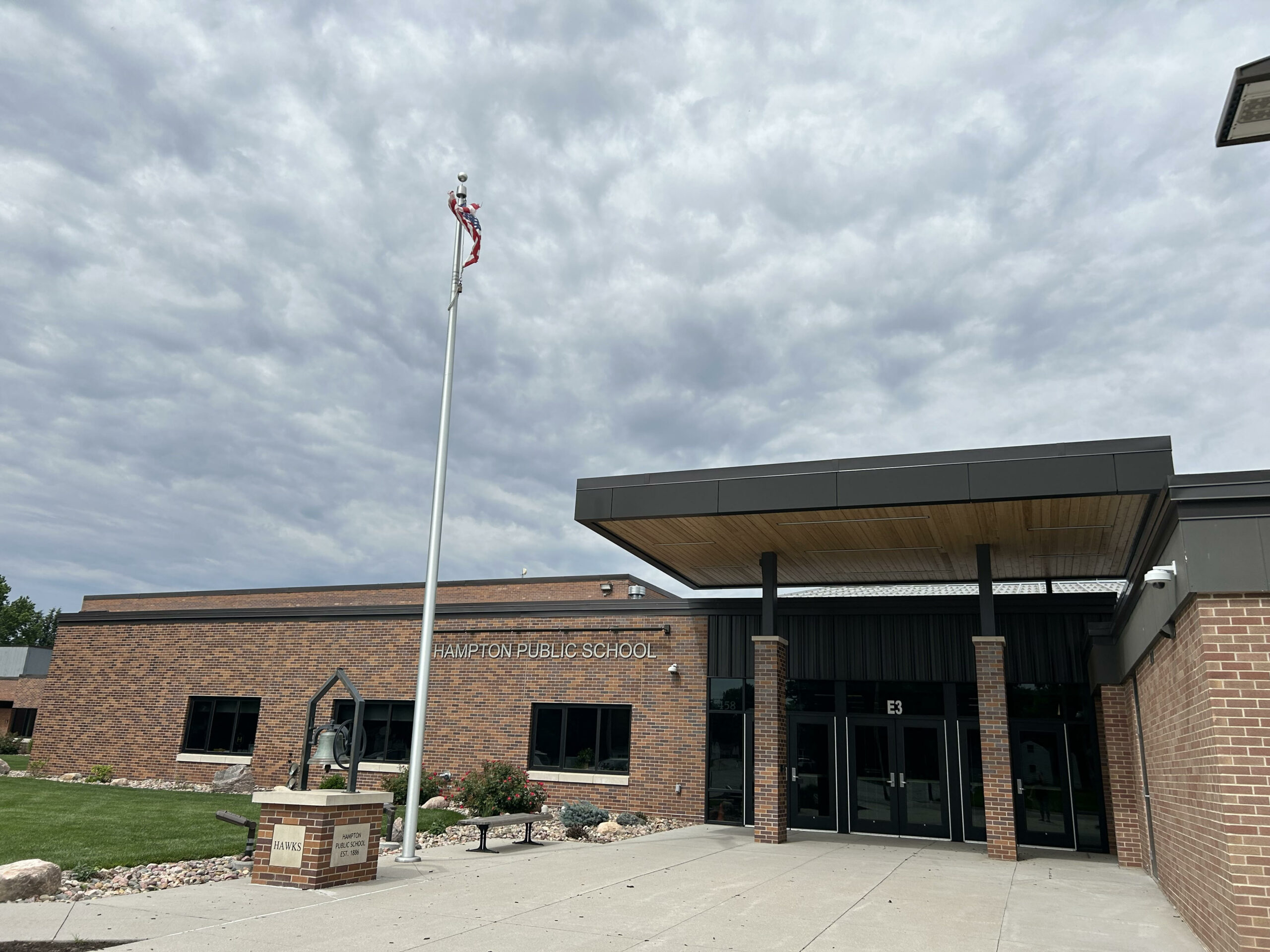This past year, the freshman class at Hampton Public School participated in a pilot program about agriculture during National Ag Week from March 18th through 22nd. Students were immersed in agriculture daily through their four core classes: English, math, science and history. In geography, they explored where different plants are grown and how they are transported to consumers. In English, they studied the Dust Bowl through books and documentaries, gaining first-hand accounts of the pivotal agricultural period. In science, students learned about soil types and how most of the earth is unable to support agriculture. One student remarked, “It was cool to see how much of our planet is covered by oceans and unsuitable for farming.” Math class provided insight into how geometry is used daily by farmers and ranchers, with students solving problems related to pivots, tractors, farm animals and more. This comprehensive approach allowed students to see the vital role of agriculture in various aspects of life and education.

This pilot program aims to give students a broader knowledge of agriculture. In the U.S., only 2% of the population comprises farm families, making it vital to educate the other 98% about agriculture in a setting where they learn the most. According to the Nebraska Department of Agriculture, one in every four jobs in Nebraska is related to agriculture, yet the average age of producers in 2022 was 56. Production agriculture contributes more than $25 billion annually to Nebraska’s economy. Therefore, we must inspire younger people to pursue careers in agriculture. What better way to achieve this than through hands-on learning experiences that can be taught by faculty members in high schools?
The curriculum used at Hampton Public School was selected to make teaching about agriculture stress-free for math, science, history and English teachers, utilizing resources that schools already have available. Based on the responses from the freshmen class, I believe this year’s pilot program was a success. I aspire to see this program become a standard part of the curriculum for all high school freshmen in Nebraska.



